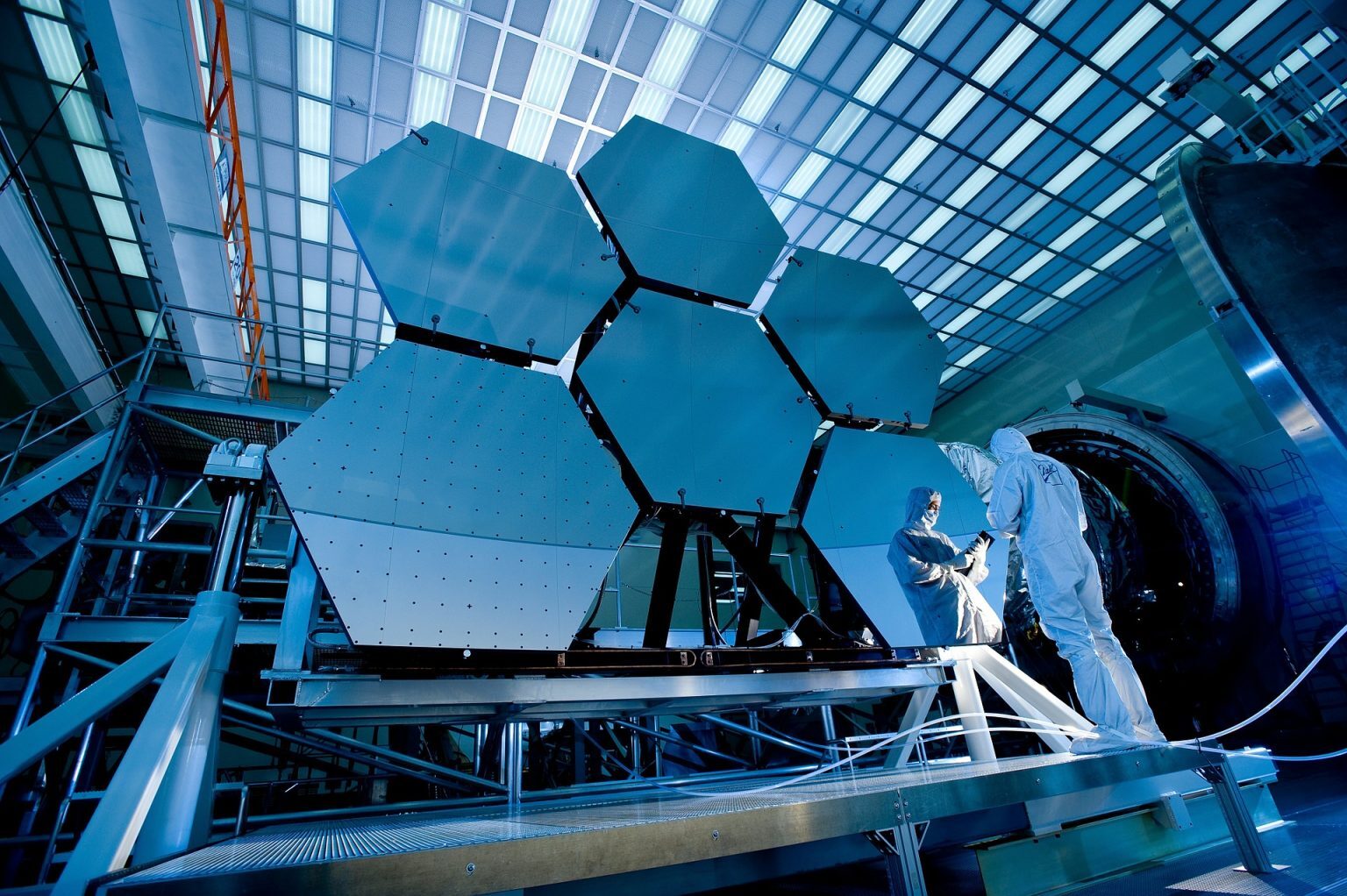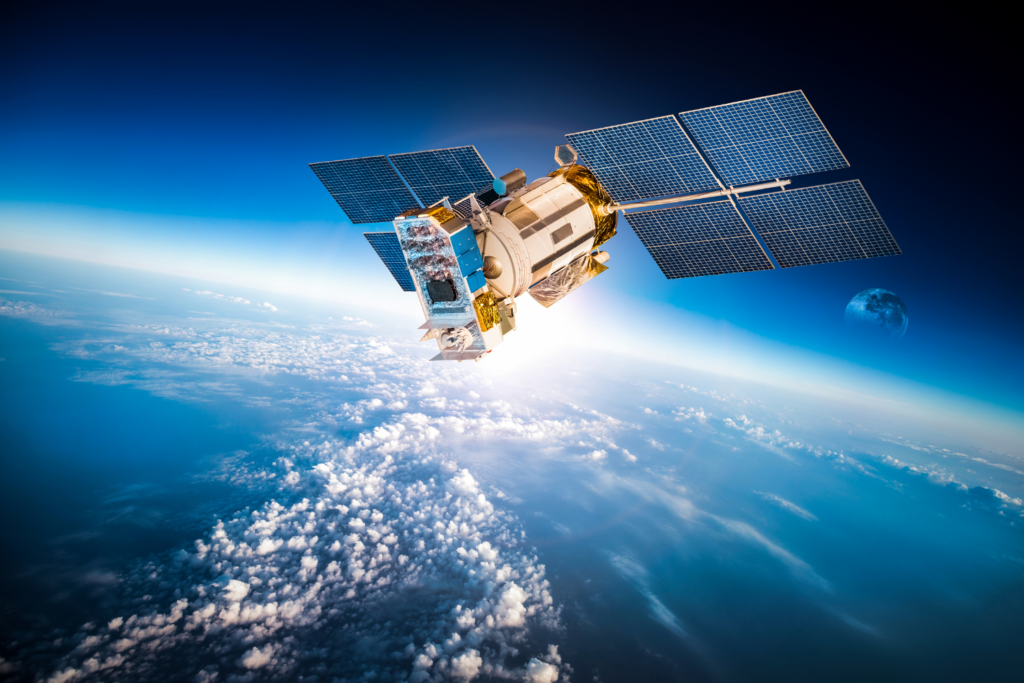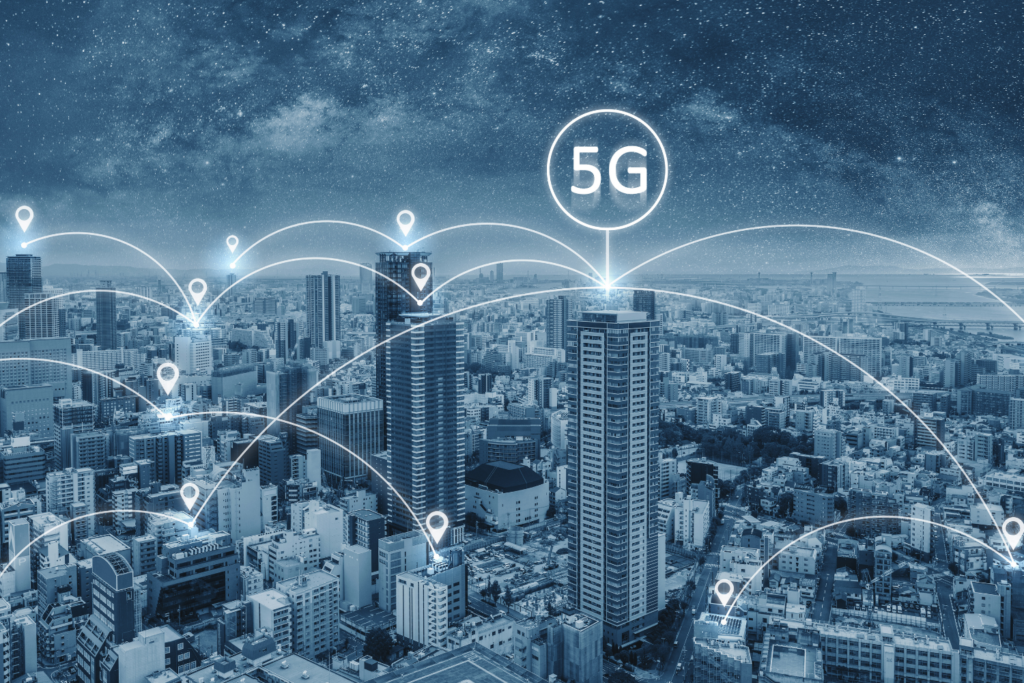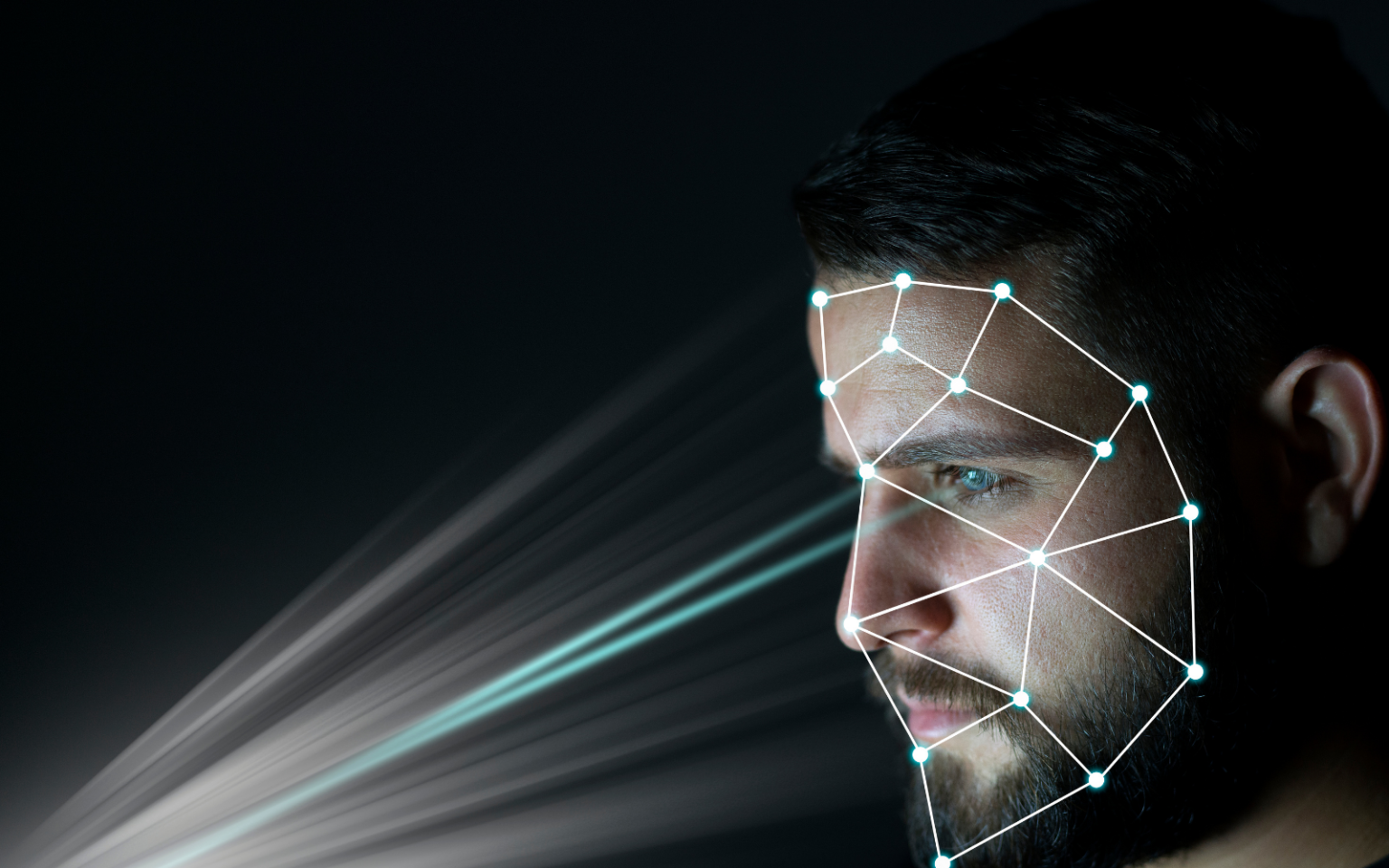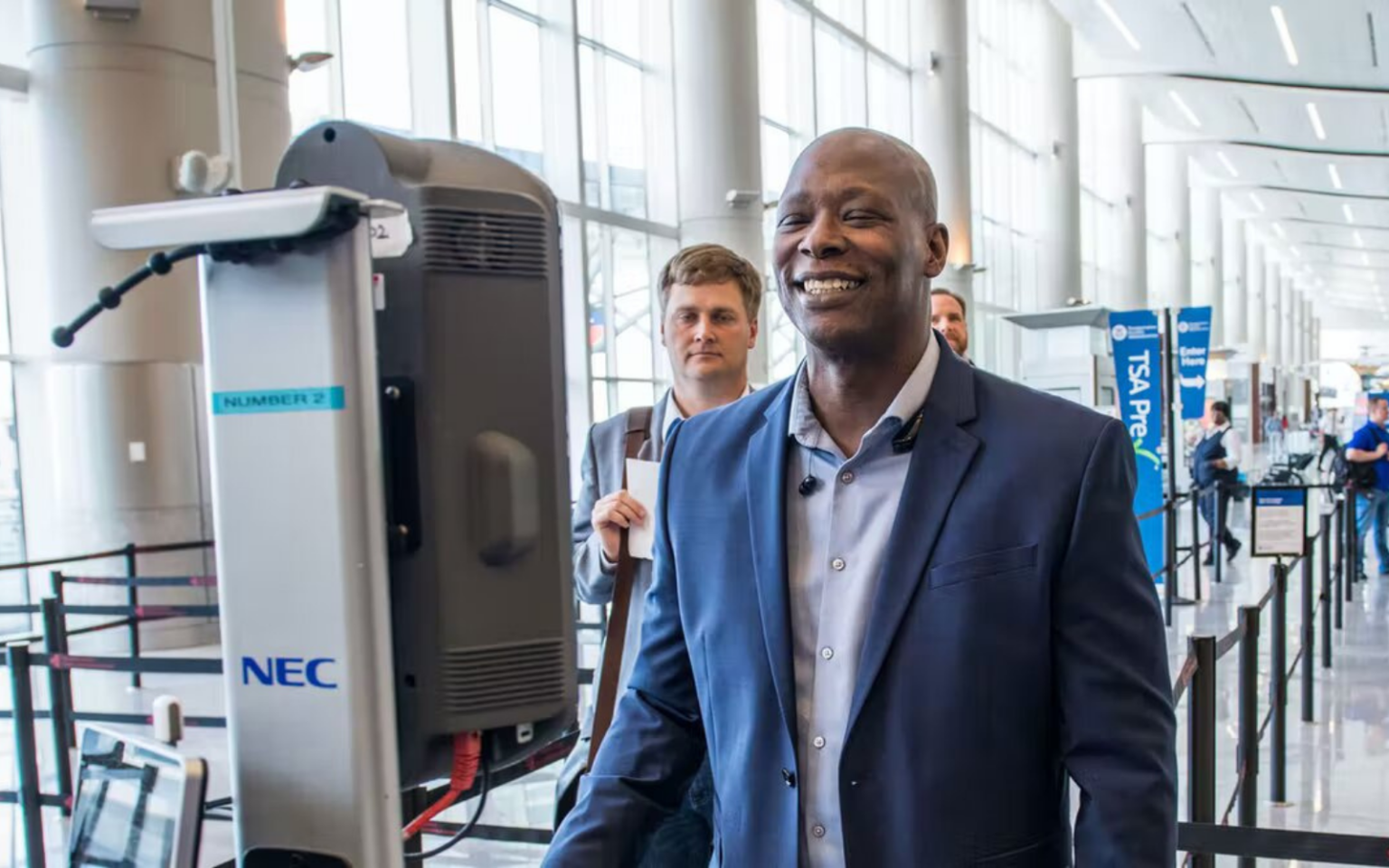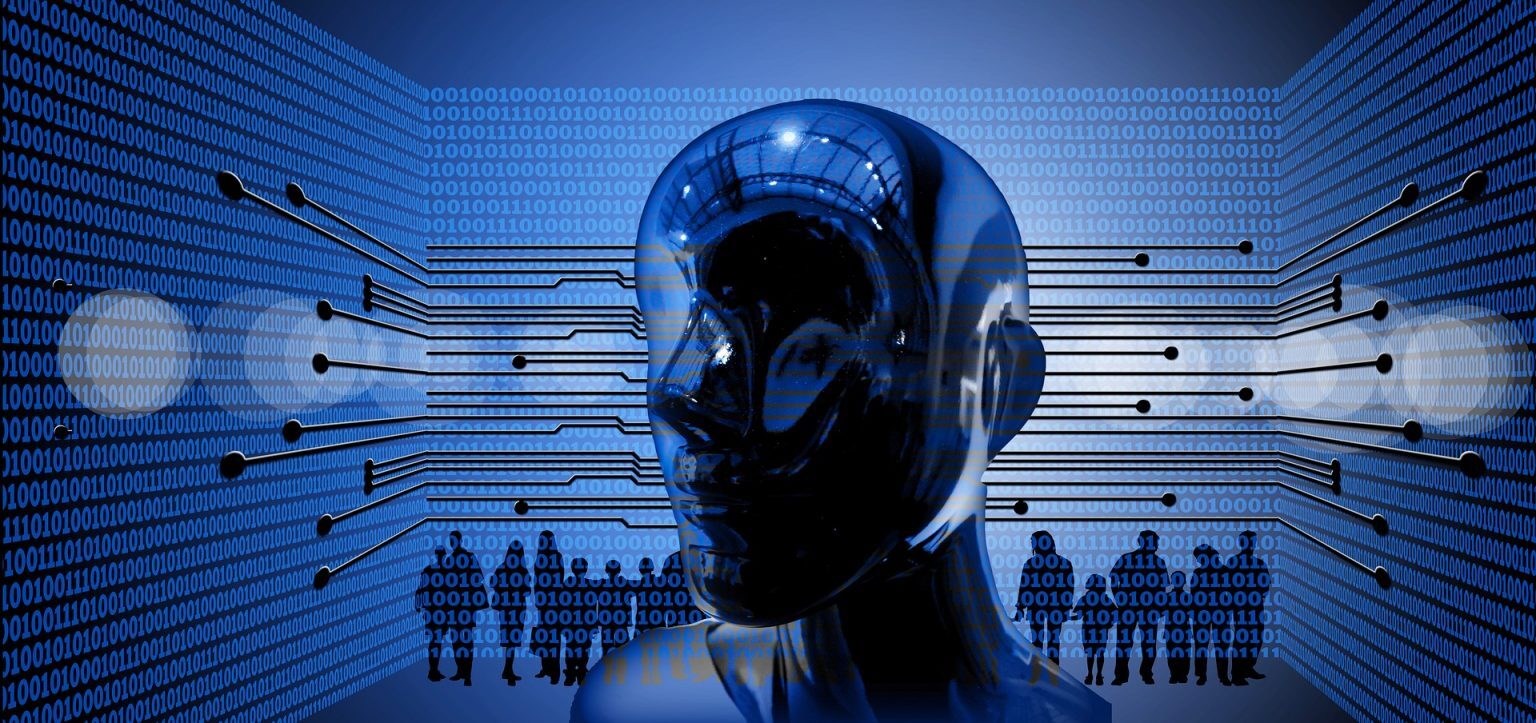Sweat is a biological fluid — like blood, saliva and urine — that contains metabolites, electrolytes, proteins and hormones. The levels of these vary depending on a person’s health. Wearable sweat sensors have been developed to track users’ health condition and monitor the levels of these substances (known as analytes) in sweat. Lactate is considered an important biomarker thanks to its involvement in anaerobic metabolism. The undesired accumulation of lactate in muscles can result in fatigue, so changes in the concentration of lactate in sweat can be used to monitor fatigue. At Simon Fraser University’s Additive Manufacturing Laboratory, we have developed a…
Author: The Conversation
Since its launch on Christmas day, astronomers have eagerly followed the complex deployment and unfurling of NASA’s James Webb Space Telescope – the largest to ever take to the skies. Right around the time this article is published, it’s expected Webb will have reached a place called the Earth-Sun “second Lagrange point”, or “L2”. This is a point in space about 1.5 million kilometres away from Earth (in the opposite direction from the Sun) where the gravity from both the Sun and Earth help to keep an orbiting satellite balanced in motion. Now the astronomical community – including my team of…
In recent weeks, a web-based word puzzle called Wordle has become a popular daily distraction. Suddenly, millions of people are focused on their vocabulary of five-letter words, and are newly aware of concepts like letter frequency and letter position as they strategize about the best opening words and faster solutions. For these people, Wordle is captivating. Previous research can help us understand how our brains respond to word games, and why we love them. Wordle is a single-player puzzle that combines elements of several games, including Scrabble and Battleship. My colleagues and I have studied Scrabble as a way of understanding how language is…
In 1979, a group of disgruntled Atari employees decided to quit and create their own company. Activision was the world’s first “third-party” game development company, producing and publishing titles for other companies’ platforms. Fast-forward 43 years and the company that is now Activision Blizzard has been bought by one of the major platform owners in the industry, Microsoft, for a blistering US$68.7 billion dollars (around A$95.6 billion) – the largest sale in the history of the video game industry. This sale is also massive in terms of the game franchises Microsoft now has control over; it now owns blockbuster franchises such…
South African space science had a big day on 13 January 2022. The Cape Peninsula University of Technology, based in Cape Town, launched its third satellite mission into space from the Cape Canaveral rocket launch site in Florida in the US. The nanosatellite constellation – consisting of three satellites – is called MDASat (Marine Domain Awareness). A nanosatellite is smaller than standard satellites, weighing between 1kg and 10kg; it’s an affordable, functional option. The mean mass of each of our satellites is 2.1kg. MDASat is designed to collect data that will enhance the security and protection of South African marine resources. The…
Several international airlines recently cancelled flights into certain US airports over concerns the rollout of 5G mobile communication technology could interfere with some planes’ equipment. After warnings about the potential problem from aviation bosses and the Federal Aviation Administration, telecommunications companies AT&T and Verizon delayed activating some 5G masts around US airports. But how could 5G interfere with planes? And can the problem be fixed? Let’s take a look. Currently being deployed in several countries around the world, 5G is the fifth generation of mobile phone technology. It could offer network speeds up to 100 times faster than what we’ve experienced with 4G. To ensure…
In less than 24 hours the Bulletin of the Atomic Scientists will update the Doomsday Clock. It’s currently at 100 seconds from midnight – the metaphorical time when the human race could destroy the world with technologies of its own making. The hands have never before been this close to midnight. There is scant hope of it winding back on what will be its 75th anniversary. Join us for the 75th anniversary Doomsday Clock announcement on Thursday, Jan. 20 at 10:00 a.m. EST Details: https://t.co/UgE8wtUvND pic.twitter.com/RyWu91AnfP — Bulletin of the Atomic Scientists (@BulletinAtomic) January 9, 2022 The clock was originally devised…
While waiting to board a plane on a recent trip out of town, an airline staff member asked me to momentarily take off my face mask to allow the facial recognition technology to check me in to expedite my boarding process. I was taken aback by the bluntness of the request — I did not want to take my mask off in such a crowded space and I had not given permission to have my face scanned. While this encounter felt like an invasion of my privacy, it also got me thinking about other biometric recognition devices which, for better…
People interact with machines in countless ways every day. In some cases, they actively control a device, like driving a car or using an app on a smartphone. Sometimes people passively interact with a device, like being imaged by an MRI machine. And sometimes they interact with machines without consent or even knowing about the interaction, like being scanned by a law enforcement facial recognition system. Human-Machine Interaction (HMI) is an umbrella term that describes the ways people interact with machines. HMI is a key aspect of researching, designing and building new technologies, and also studying how people use and…
Most research into the ethics of Artificial Intelligence (AI) concerns its use for weaponry, transport or profiling. Although the dangers presented by an autonomous, racist tank cannot be understated, there is another aspect to all this. What about our responsibilities to the AIs we create? Massively-multiplayer online role-playing games (such as World of Warcraft) are pocket realities populated chiefly by non-player characters. At the moment, these characters are not particularly smart, but give it 50 years and they will be. Sorry? 50 years won’t be enough? Take 500. Take 5,000,000. We have the rest of eternity to achieve this. You want planet-sized computers? You can…


